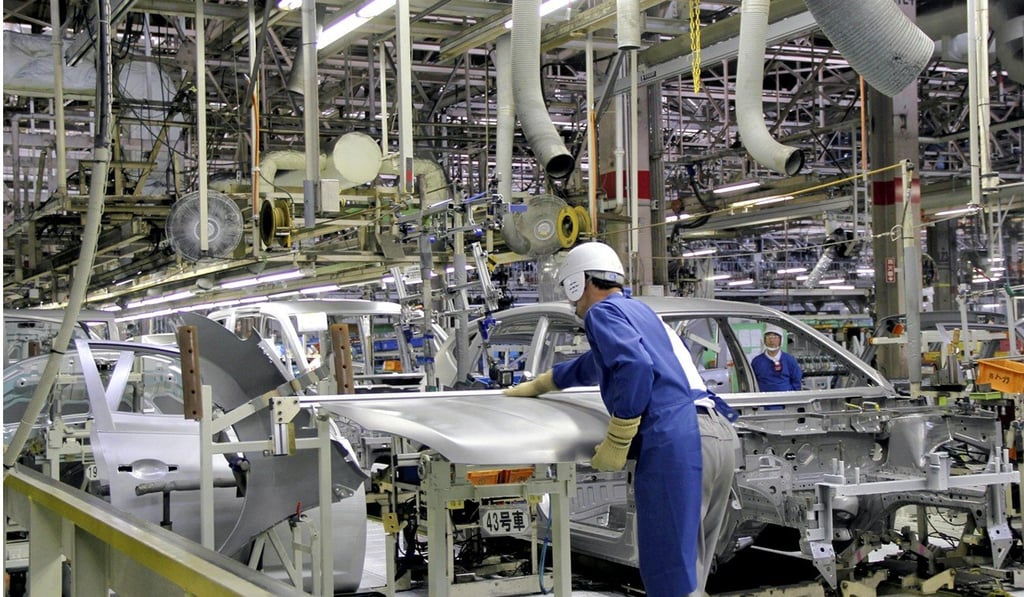Advertisement
Opinion | US anxiety over China’s Huawei a sequel of the Yellow Peril
- In the years leading up to the end of the cold war, opinion polls revealed more Americans feared the ascendant economy of Japan – their ally – than the Soviet Union
- The same is happening now to Huawei as its products become superior. But the biggest difference between Japan then and China now: the US was able to put Japan back in its box. That is not happening this time
Reading Time:4 minutes
Why you can trust SCMP
0

When you have keenly followed the reaction of the West to the rise of Asia over the years, you find yourself inclined to moments of clarity that go like this: “Haven’t I seen this movie before?”
The movie, in this case, is The Yellow Peril. Are you now enjoying its sequel, Huawei to Hell?
One of the good things about being a student in an Asian university during the cold war was the access to newspapers from the bourgeois, liberal West. It was interesting to note how Asia and its future were viewed by Americans, especially those who never seemed to really integrate or want to be part of a new phase of history written by Asia, particularly if it departed from their peculiar world view.
In 1987, for example, a Toshiba subsidiary sold milling equipment to the Soviets, allegedly to make quieter submarine propellers, raising fury in Washington. A group of United States congressmen and women, apparently unable to get their hands on a submarine propeller, gathered in front of the Capitol and used sledgehammers to smash a Toshiba boombox. Take that, Tojo.
In many ways, nothing has changed. When it comes to the “yellow peril”, Democrats and Republicans are united. It’s probably just a matter of time before the sledgehammers come out to do battle with Huawei smartphones or Wi-fi routers. That’ll show ’em who’s boss.

Consider that in the years leading up to the end of the cold war, opinion polls in the US revealed that more Americans feared the economy of Japan – their ally – than the Soviet Union. Politicians of both parties regularly set aside their differences and joined together in hate against Japan.
Advertisement
